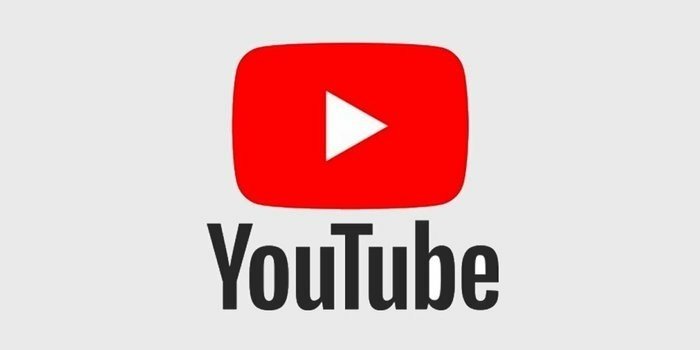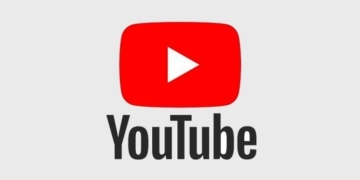Introduction:
In a landmark decision, the Hamburg Higher Regional Court has specified the requirements for YouTube’s liability for copyright infringement. This blog post highlights the key aspects of the ruling and explains under which conditions YouTube can be held liable for illegal uploads.
Main part:
The case:
A YouTube user had uploaded music from a copyrighted album without permission from the rights holder. The rights holder asked YouTube to block all similar content and reveal information about the uploader. YouTube refused, as there is no general obligation to check and the warning contained inaccurate information.
The court decision:
Both the Regional Court and the Higher Regional Court of Hamburg stated that YouTube is only obligated to review if there is a clear indication of a specific infringement. A general warning is not sufficient. The rights holder must inform YouTube precisely about the offending upload in order to trigger a duty to verify.
Urgency and litigation:
The court pointed out that the required urgency was lacking in the present case. The applicant had not shown any procedural activity for over three years. This undermines urgency and prevents the applicant from getting the order they want.
Burden of proof and concretization:
The court also emphasized that the burden of proof for the existence of a communication to the public and a breach of duty lies with the applicant. The notice must be specific enough to allow YouTube to determine the illegality without a detailed examination.
Other considerations:
This ruling could have far-reaching implications for the way platforms like YouTube deal with copyright infringement. It raises the bar on liability and protects platforms from unwarranted claims. At the same time, it gives rights holders a clear guideline on how to enforce their rights.
Conclusion:
The ruling by the Hamburg Higher Regional Court is an important step towards clarifying the liability conditions for platforms such as YouTube. It clarifies that general or vague warnings are not sufficient. Rights holders must provide accurate and detailed information to trigger platform liability. In addition, they must expedite the process to maintain urgency. The ruling strengthens YouTube’s position and provides clear guidance for rights holders.



















